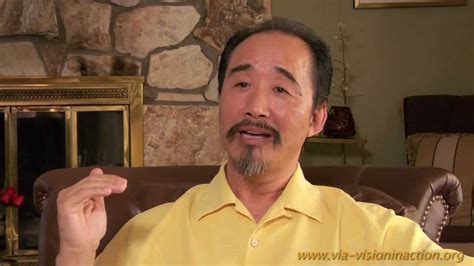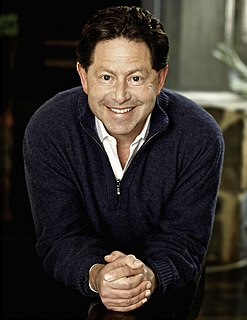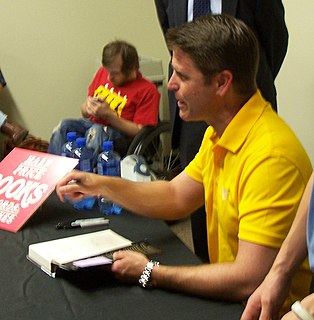A Quote by Jeremy Grantham
...how little our side of the industry did to move its business to the more ethical firms and to make a fuss about conflicted or unethical behavior. Had a number of us moved our business, we might have slowed or even stopped the 30-year slide in conflicted, unethical behavior that we have experienced. I, for one, regret the modest nature of our moves. We all could have done more. We have tolerated a pretty nasty decline in standards. Shame on us.
Related Quotes
It is unethical not to know. It is unethical not to think. It is unethical not to love. It is unethical not to live an impassioned life. It is unethical not to attain greatness. It is unethical to succumb to the fear of envy and the conspiracy of mediocrity. It is unethical not to self-bestow genius. It is unethical not to be the first monkey.
It's tempting to think that decisions that are not life-and-death are therefore unimportant, and that the little compromises we make don't matter to our bottom line or our spiritual selves. How many of us are tempted, in business, to make a less-than-ethical decision? To appropriate someone else's idea or fudge some numbers? We have to remember that maintaining our ethical and spiritual selves is absolutely linked with achieving the degree of success we're working toward.
By delivering experience, novels can alter the stance we adopt toward news - not much, I'm sure, but they can make it a little more difficult for us to consign "other people" to our tidy boxes. Widening our imaginative life might - it's not hard to imagine - also develop our ability to contemplate counterfactuals and our capacity to speculate about how things might differ from how they're being represented.
Humans like to think of themselves as unusual. We've got big brains that make it possible for us to think, and we think that we have free will and that our behavior can't be described by some mechanistic set of theorems or ideas. But even in terms of much of our behavior, we really aren't very different from other animals.
The engineering, analytics, design, testing, and delivery behind our products offer some of the hardest engineering and business challenges in the world. As we've brought our franchises into eSports and moved to digital delivery, it's become even more complex and exciting - which, in turn, has allowed us attract even more top talent.
Shame usually follows a pattern—a cycle of self-recrimination and lies that claims life after life. First, we experience an intensely painful event. Second, we believe the lie that our pain and failure is who we are—not just something we’ve done, or had done to us—and we experience shame. And finally, our feelings of shame trap us into thinking that we can never recover—that, in fact, we don’t even deserve to.
Money is a mystery. Not only is our behavior with respect to money sometimes puzzling and erratic, but our feelings about money are often contradictory, illogical, deep-rooted, and scarcely known even to our most secret selves. We are getting better at handling money, but what it means to us, how we use it to express ourselves, and how it can help us become all that we are meant to be remain murky issues.



































